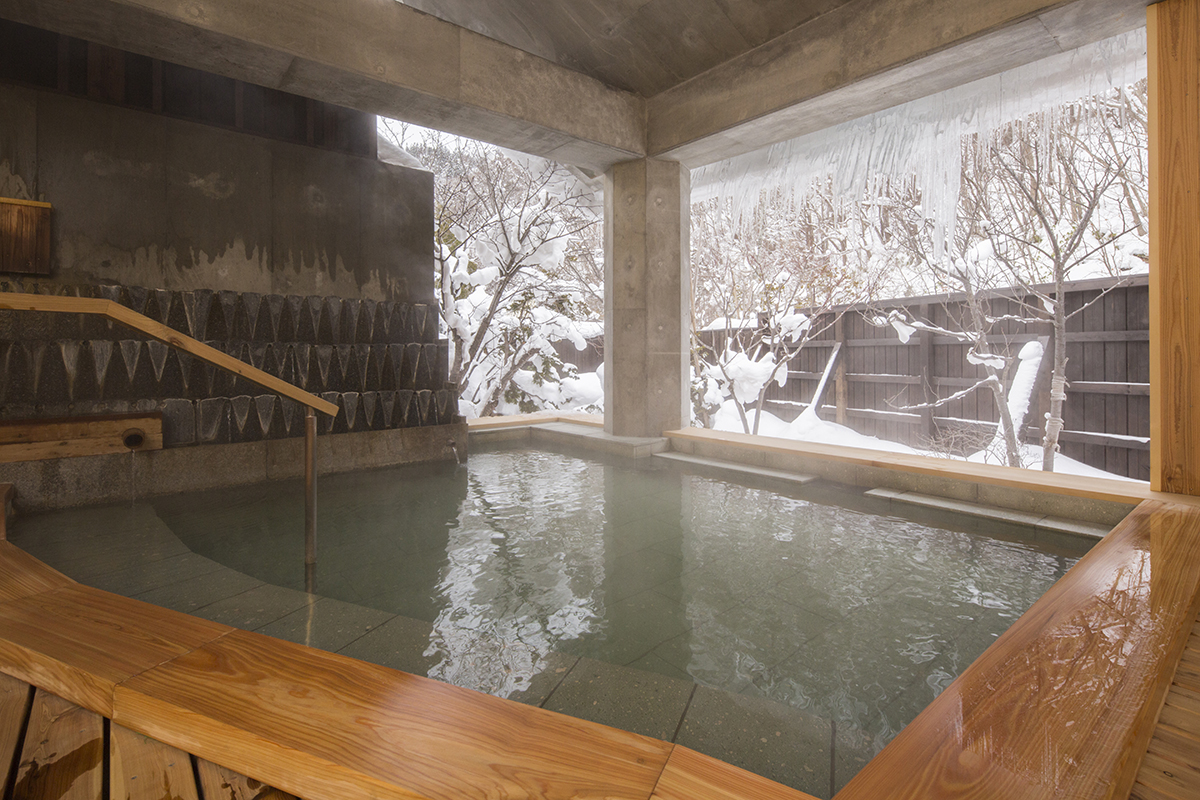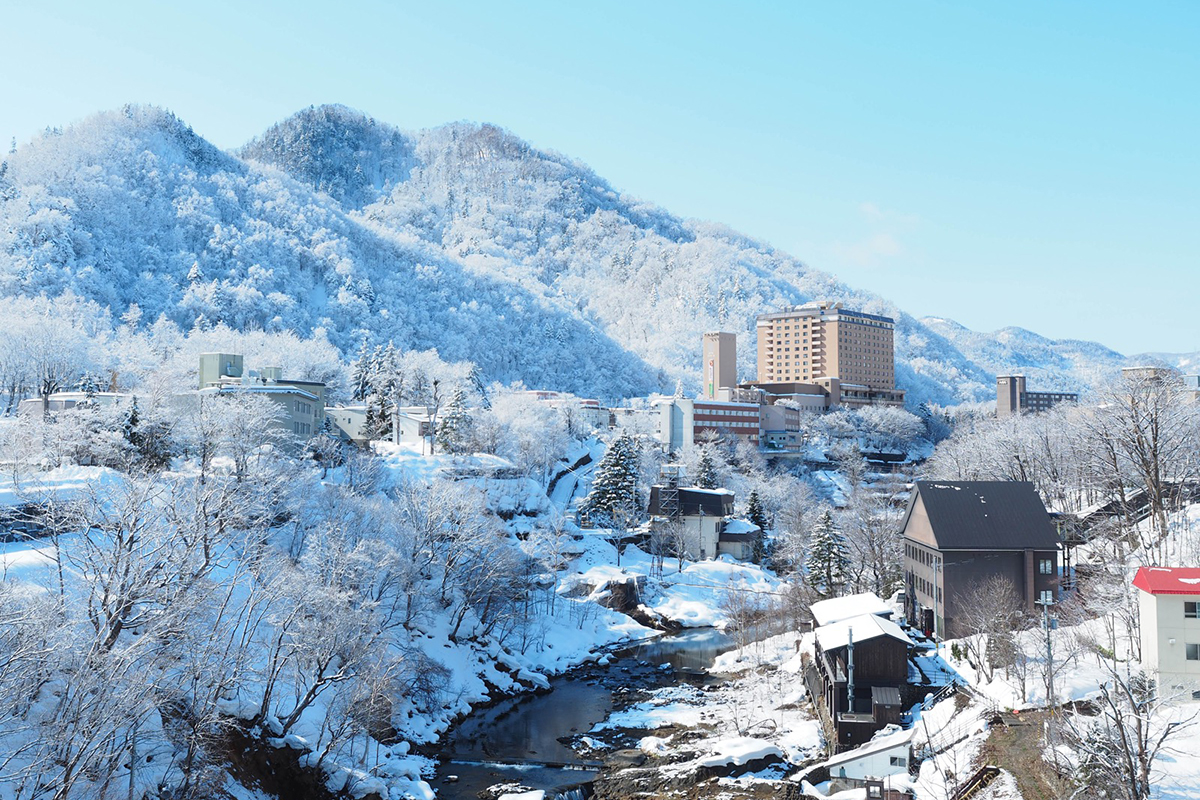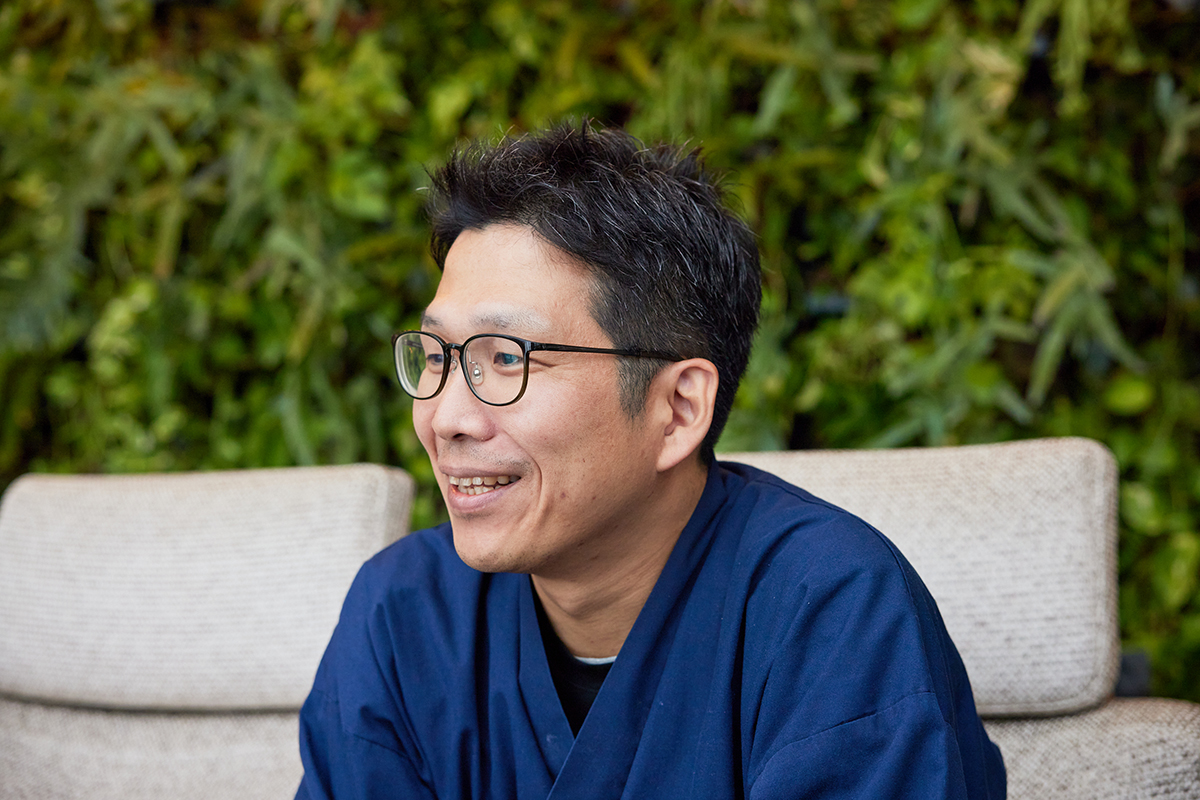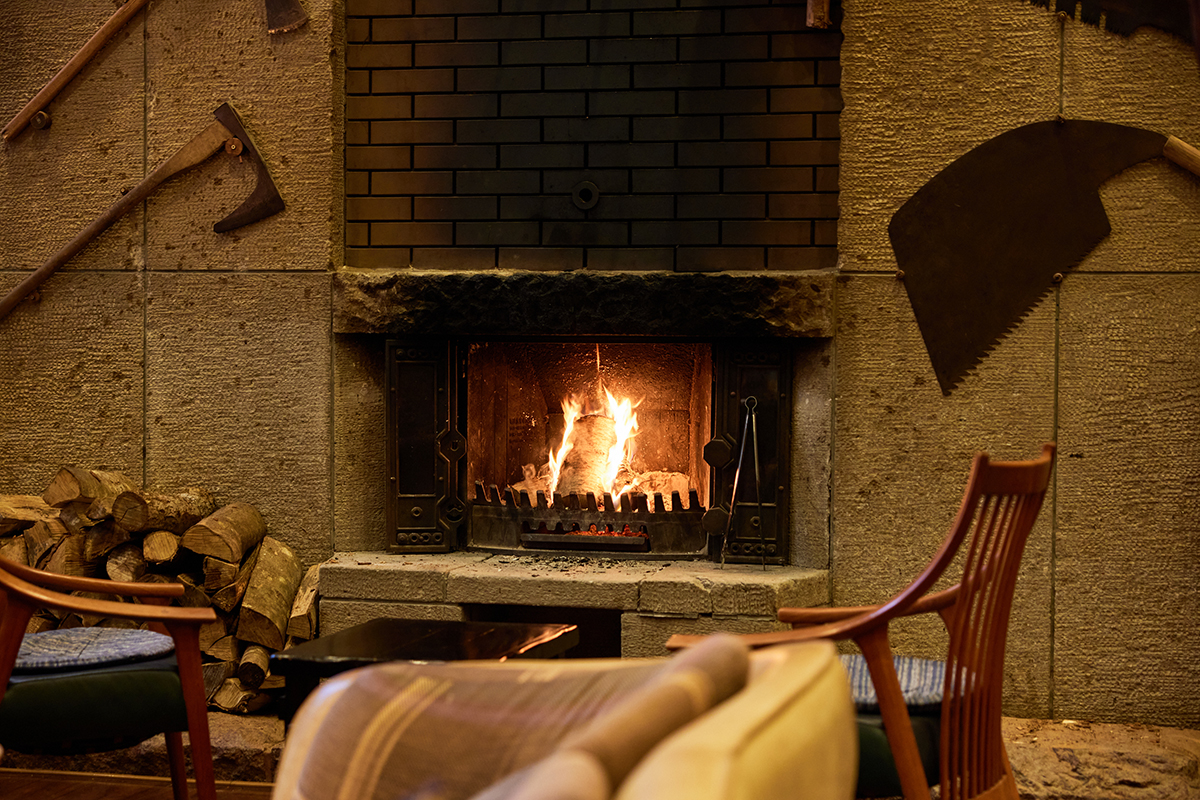A traditional Japanese inn owner shares the unique charm of Japanese hot spring culture

Second-generation owner of a Jozankei inn committed to developing the community Yoshihiro Furukawa
Growing up in Jozankei—a hot spring resort within Sapporo’s city limits—Yoshihiro Furukawa is no stranger to the unique hospitality and culture that is deeply rooted in Japan’s hot spring resorts. In 2018, he took up the reins from his father to become the second-generation owner of the traditional Japanese inn Nukumori no Yado Furukawa. As an inn owner, he’s committed to both offering tailored experiences for his guests and further developing the local community.
After working for a restaurant, I realized that my calling was to run my own business

From a young age, I was immersed in the accommodation business. I grew up in my father’s ryokan (traditional Japanese inn) in Jozankei—the same ryokan that I run now. My progression into this work wasn’t a seamless one. After graduating high school, I flew the coop in search of new places and experiences. I completed my university studies at Fukuoka, after which I took up the role of restaurant manager in Tokyo for three and a half years. It was during this work that I started feeling the limitations of working for a company and realized that I needed to run my own business. I reached out to my father, who was still running the ryokan at the time, and returned to Jozankei.
My father put me through my paces in those early days, training me up on the floor for about a year and a half before finally offering me the position of assistant manager. From there, I became a manager at one of our hotels in Otaru and attended the opening of a hotel in Shiraoi. In 2018, I took over as owner of the Jozankei ryokan, which is now celebrating 55 years in business. Running the ryokan has not always been smooth sailing, but miraculously each trial has revealed a new opportunity—this luck is the reason why we’re still going strong.
Ryokans and hot springs are a deep-rooted part of Japanese culture

The unique accommodation style and hospitality offered at ryokans are something intrinsically Japanese and I hope more international visitors can experience this—even first-timers can get into it. Staying at a ryokan offers you the chance to experience traditional Japanese culture.

You can take a relaxing soak in the on-site hot spring—in a northern part of Japan like this, this experience is especially magical in winter because you can enjoy an open-air bath surrounded by snow. After enjoying a soothing hot spring, you can dine on immaculately prepared Japanese cuisine while being immersed in the traditional Japanese atmosphere of the ryokan. Something about the atmosphere makes the food taste extra delicious. With your body warmed up by the hot spring and a satisfied stomach, you’re bound to sleep soundly and wake up refreshed the next morning.

I hope that more international visitors take a leaf out of the books of the many Sapporo locals who take advantage of the proximity of Jozankei to enjoy ryokan and hot spring culture along with the breathtaking nature Hokkaido has to offer.
I want guests to be able to tailor their ryokan experience to their taste and preferences

You may be wondering what the difference is between a hotel and a ryokan. I’d say that while hotels sell space, ryokans offer a full experience. This is what gets me out of bed each day—I love nothing more than to provide an exceptional experience for my guests.

I’m currently working on creating a resort-like area that allows guests to tailor their experience to their taste and preferences. When our guests arrive, they can relax in the lounge by a crackling fire and enjoy chagashi (tea sweets). In the evening, they can head to the Kokoro no Sato Jozan Footbath & Lounge, where they can rest their feet in a footbath and have a drink while taking in the warm glow of a fire and the soothing sound of a waterfall surrounded by white, fluffy snow.
While I’m always teaching people about the unique charm of hot springs and their importance in Japanese culture, I do believe that there are some things that should be updated to keep up with the times. For example, hot springs often ban people with tattoos from entering and can be uncomfortable places for survivors of breast cancer because everyone bathes in the nude together. To make our hot spring more inclusive, we have started selling tattoo concealing tape and special clothing that breast cancer survivors can wear in the bath.
The most attractive thing about Jozankei is the potential

As owners of ryokan in Jozankei, our responsibility doesn’t end with our property; we also have a role to play in building the local community. I remember speaking with a long-time Jozankei resident called Neil Hartmann several years ago. Hailing from California, he told me that even from a global perspective, it’s super rare to find a resort like this with hot springs that is just a stone’s throw away from both a bustling metropolitan area and a ski resort. There’s still so much that can be done here to take advantage of the surrounding nature and amazing location—that’s probably the most exciting thing about Jozankei for me.

I’d like to develop more activities that take advantage of the natural beauty of the area, and create experiences based around the areas where people can see the changing leaves in the fall and the snow in the winter. Through these initiatives, I’m hoping to develop the community to make it a place where people can stay for a long period of time. I have the feeling that Jozankei is going to continue to grow into a more interesting and dynamic hot spring resort in the future.
If you’d like to learn more about Jozankei, click the link below:
https://jozankei.jp/en/